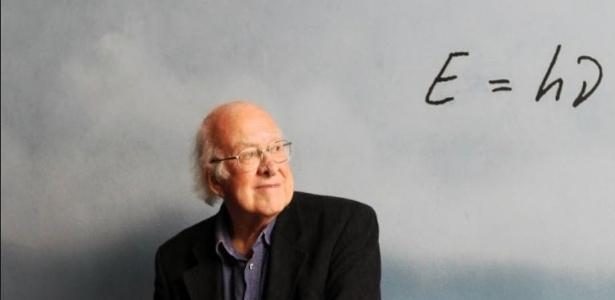“One of the biggest shocks I got when I interviewed him was when he said he was 'devastated' by the discovery of the boson [sua] life'. “My relatively peaceful existence was coming to an end,” he said. My style is to work in isolation and sometimes come up with a great idea,” Close said in an interview with Scientific American.
According to Close, after winning the Nobel Prize, Higgs was “retired,” but at the same time he was someone who was “pushed into the spotlight.”
Close says the Nobel Prize caused Higgs to leave his home in Edinburgh, Scotland, and move to a country estate in the city's rural area. This happened on the same day as the Nobel Prize announcement so no one would bother him.
For Close, the award-winning physicist took this action because he had always hated the spotlight. The physicist himself even looked down on his theory of the “God particle” because it was “the only thing” that mattered throughout his career.
However, the scientist who wrote Higgs's biography considered that if the Briton had only one idea throughout his academic career, then this discovery “was truly remarkable.” He also ruled out that the “God particle” was just luck.
“It's easy to dismiss him as being lucky, and luck was obviously part of it. But to be in the right place at the right time, you have to realize that. Higgs spent two or three years really trying to understand a particular problem.” He said.

“Coffee trailblazer. Social media ninja. Unapologetic web guru. Friendly music fan. Alcohol fanatic.”

